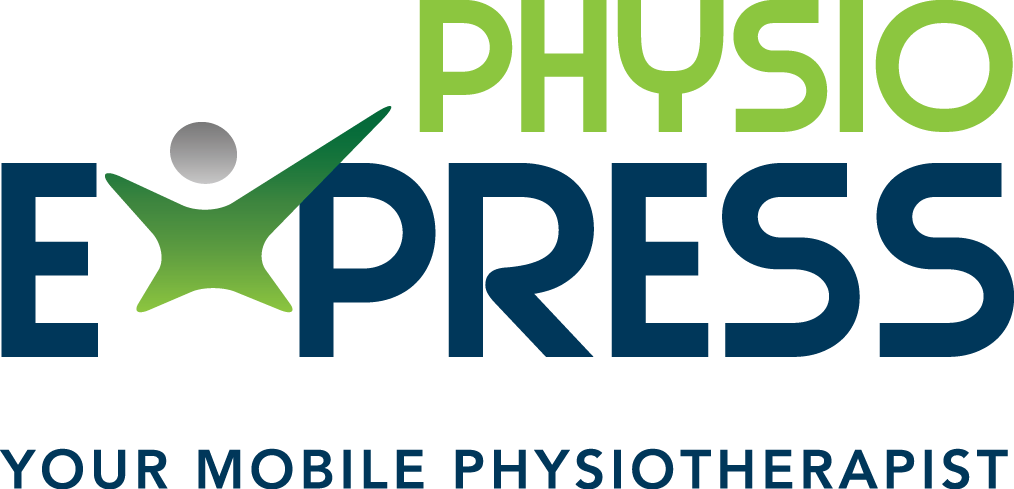Concussion
WHAT IS CONCUSSION?
Concussion is the most common type of mild traumatic brain injury that results in temporary loss of normal brain function. The brain is injured from a stretch and shear mechanism, where the acceleration and deceleration of the brain from biomechanical forces (ie head strike) causes the grey and white matter to move at different rates of speeds creating an “electrical storm”. This electrical storm is what is thought to lead to the symptoms of the concussion. Concussion is not detectable on medical imaging (ie MRI or CT brain scans) and therefore it is diagnosed based on the symptoms.
30% of people with concussion may experience prolonged symptoms and may be diagnosed with having persistent post-concussion symptoms.
Concussion symptoms are highly variable but may include:
Dizziness
Balance issues
Headaches and migraine
Fatigue or loss of energy
Visual changes - blurred vision, double vision, eye strain, light and motion sensitivity
Impaired cognitive function - memory loss, difficulty learning and a reduced attention span
Emotional and behavioural changes - depression or reduced mood, irritability, nervousness, feeling more emotional, and being overwhelmed
NEUROLOGICAL AND VESTIBULAR PHYSIOTHERAPY
Neurological physiotherapists can perform an assessment and monitoring of concussion symptoms and deficits. This may include a vestibular-ocular motion testing (VOMs) and cervical (neck) assessment.
Active rehabilitation - including vestibular balance rehabilitation therapy (VBRT), vision therapy, cervical therapy and addressing movement-related impairments.
Buffalo Concussion Treadmill test (BCTT) – a test that assesses when patients may resume full activity by measuring the patient’s ability to achieve a target heart rate without experiencing symptoms or early exhaustion.
OCCUPATIONAL THERAPY FOR POST CONCUSSION SYNDROME
Assessing cognitive issues and the impact of symptoms on the activities of daily living and quality of life
Cognitive rehabilitation aimed at assisting with strategies for memory problems, attention and executive skills/problem solving
Fatigue management including pacing
Sleep quality subjective evaluation and coaching
Education and strategy implementation for gradual return to school, work, leisure and social activities
Assistive technology (equipment) and environmental modifications if required
Physio Express can also work in collaboration with other health professionals:
Psychologist to assist with the management of any changes to anxiety and mood
Neuropsychologist for formal assessment of how the concussion injury is impacting thinking and behaviour
Liaison with treating General Practitioner regarding findings of assessment and to assist with return to work/school and sport/play protocols.


